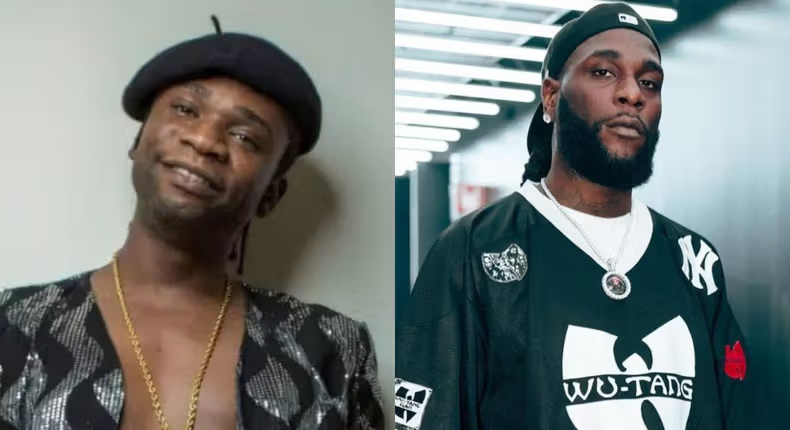Welcome to the digital era, an age where social media and online platforms give everyone a voice. Thanks to social media, people can share their thought processes online on a variety of topics at the drop of a hat.
On the flip side, it is now easier to publicize false information across social media, which can be detrimental to some parties. Due to rising and recurring issues on social media, understanding the distinction between an opinion and defamation has become increasingly crucial.
While both are forms of expression, the legal implications and societal impacts of each can vary significantly. The lack of understanding that one cannot just say what they feel like without proof has led many social media users into legal battles against celebrities.
First off, one thing we need to understand is that there is a fine line between stating an opinion and defaming a person in the process.
You can be sued for defamation if you cross the line.
What is an Opinion?
An opinion is a subjective statement that reflects personal beliefs, thoughts, or feelings. It is inherently subjective and does not claim to present factual information. For example, saying, “I think the movie was boring” is an opinion based on personal experience and taste. Even an insult can be an opinion; take “I think you’re not very attractive,” for example; it is not defamatory.
In general, opinions are protected under free speech laws, as they express individual viewpoints rather than definitive truths. Section 39 of the Nigerian Constitution guarantees the right to freedom of expression. It states, “Every person shall be entitled to freedom of expression, including freedom to hold opinions and to receive and impart ideas and information without interference.”

